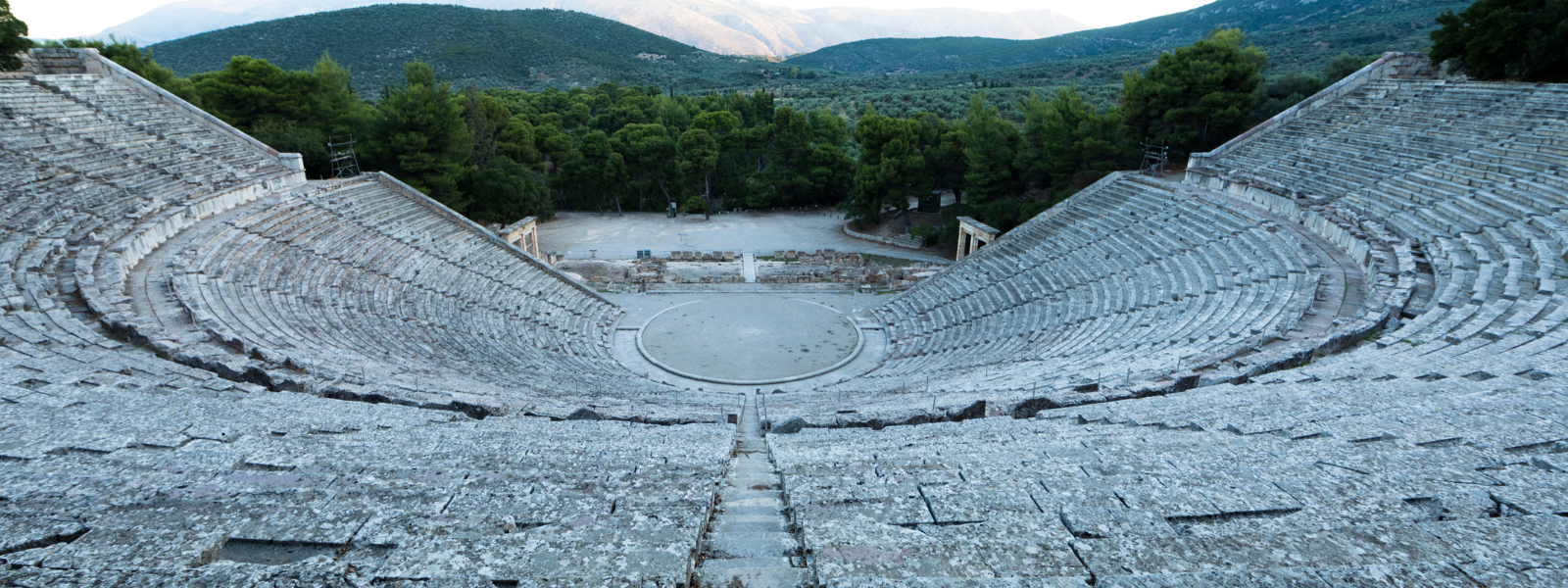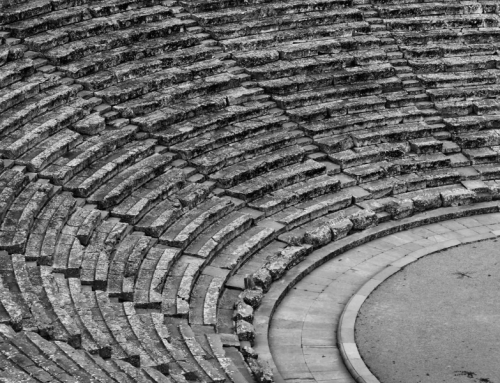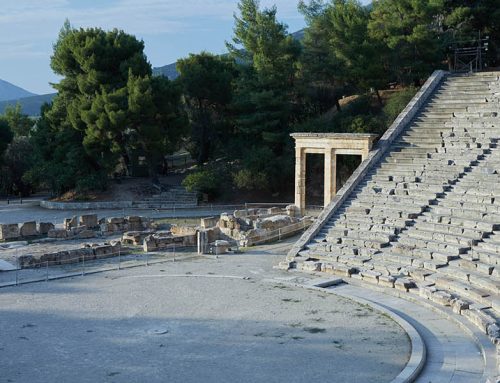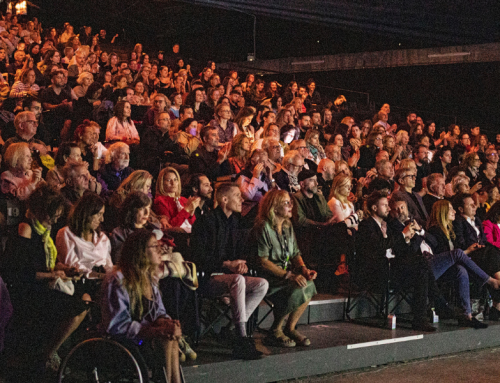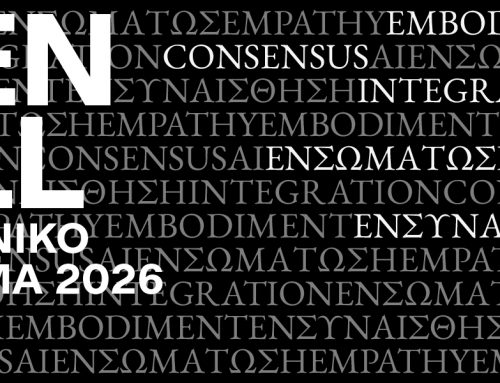Every Friday and Saturday from 7th of July to 26th of August
7 & 8 July
NATIONAL THEATRE OF GREECE
KATERINA EVANGELATOS
Hippolytus by Euripides
Katerina Evangelatos, distinguished theatre director and Artistic Director of the Athens Epidaurus Festival, returns to Epidaurus with the National Theatre of Greece following their previous collaboration in Alcestis (2017), a performance that had caused a sensation.
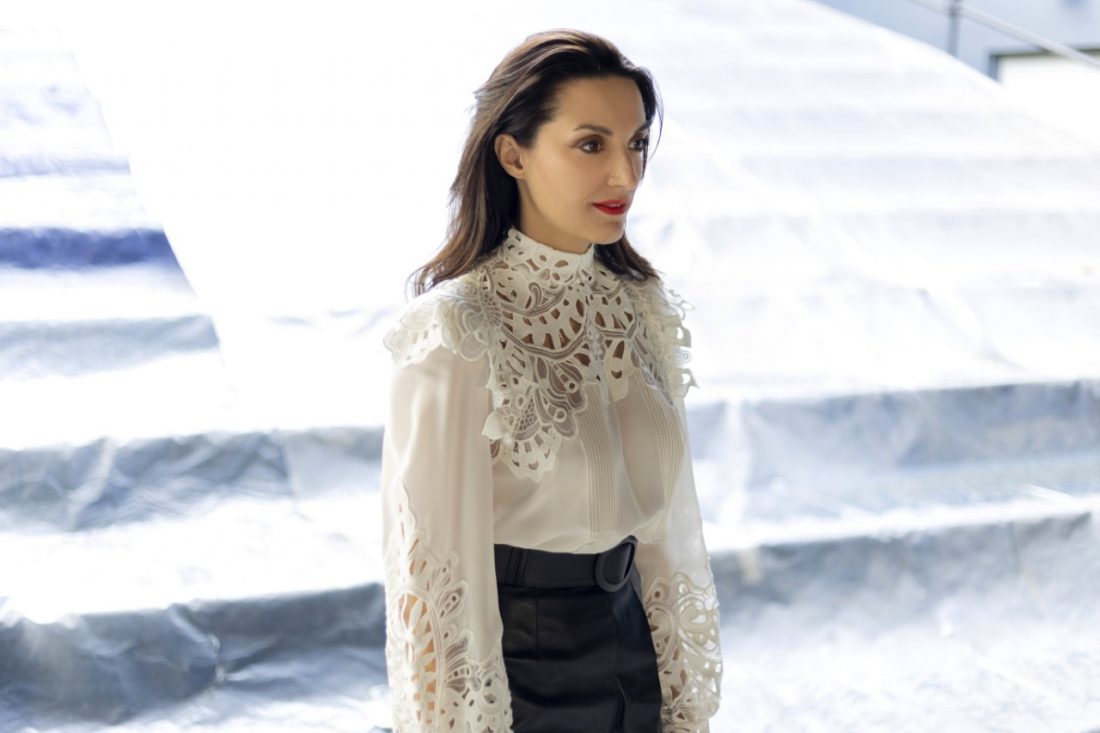
Aphrodite sets up a game of revenge and voyeuristically watches how humankind turns into a plaything for her whims. Her eye becomes our own eye and the characters are laid bare. The naked bodies are charged with explosion, desire, lust but also the innocence of the human race.
A directorial perspective that delves into the savage world of Euripides’ play, approaching it as a contemporary nightmare amidst a poetic scenery, where characters struggle with their weaknesses and where love is so mad it can’t help but be fatal.
A stellar cast of 24 actors and four musicians will be constantly on stage.
Translated by Kostas Topouzis • Dramaturgy – Adaptation – Directing Katerina Evangelatos • Set design Eva Manidaki • Music Alexandros Drakos Ktistakis • Lighting design Eliza Alexandropoulou • Choreography Alexander Stavropoulos • Video Pantelis Makkas • Assistant to the director Giorgos Braoudakis • Assistant to the set designer Katerina Vlachmpei • Assistant to the lighting designer Lampros Papoulias • Cast (in alphabetical order) Orestis Chalkias, Kora Karvouni, Amalia Ninou, Dimitris Papanikolaou, Maria Skoula, Elena Topalidou, Giannis Tsortekis • With the participation of a 17-member Chorus (TBA) • Musicians on stage Jannos Giovanos, Giannis Papadopoulos, Vaggelis Paraskevaidis, Orestis Zafeiriou
14 & 15 July
NATIONAL THEATRE OF GREECE
The Wasps by Aristophanes
Provocative artist Lena Kitsopoulou makes her directorial debut in Epidaurus, presenting an adaptation of Aristophanes’ biting comedy.
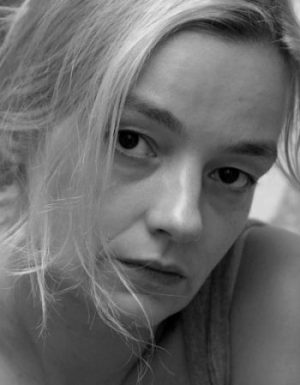
In The Wasps, the poet imaginatively parodies Athenians’ obsession with resolving their differences in the courtroom and the loopholes of the legal system which allow crooks to manipulate justice to their benefit. Sixty years after Alexis Solomos’ production, the National Theatre of Greece invites the subversive artist to share her perspective on the critical questions posed by Aristophanes’ play, mocking contemporary problematic issues in her own, unique manner.
Translated by Stelios Chronopoulos • Dramaturgy – Adaptation – Directing Lena Kitsopoulou • Set and costume design Magdalini Avgerinou • Music Nikos Kypourgos • Lighting design Nikos Vlasopoulos • Assistant to the director Marilena Moschou • Cast (in alphabetical order) Emily Koliandri, Giannis Kotsifas, Ioanna Mavrea, Panos Papadopoulos, Konstantinos Plemmenos, Thodoris Skyftoulis
Complete cast and other credits to be announced shortly.
21 & 22 July / WORLD PREMIERE
FRANK CASTORF
Medea
Based on Euripides
Continuing the initiative of commissioning internationally acclaimed European directors to stage ancient plays, launched in 2021 with the invitation extended to Thomas Ostermeier and resuming in 2022 with world premieres by Johan Simons and Ulrich Rasche, this year the Festival invites Frank Castorf in Epidaurus for the first time, where he is to present Medea in a performance that will lend an international flavour to this year’s programme.
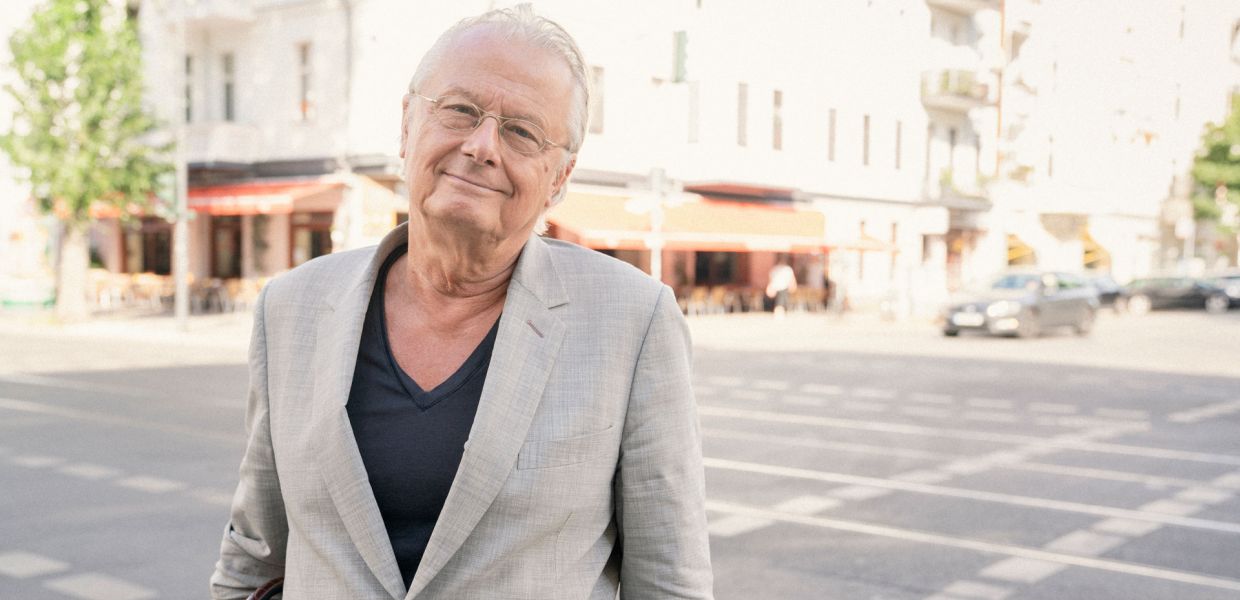
The avant-garde theatre artist and historic director of Berlin’s Volksbühne, who has left his mark on the so-called “German style” since the 1990s, will collaborate with major Greek actors, combining an anarchic mode of acting, improvisation and freedom in performing with the contemporary Greek stage, delivering an electrifying directorial perspective.
Castorf was introduced to the Festival audience in 2007 with Nord (1960), the first part of Louis-Ferdinand Céline’s German Trilogy. He returned in 2017 with The Gambler, based on Dostoevsky’s eponymous work, on the occasion of that year’s tribute to Volksbühne.
Castorf’s theatre is extreme and innovative, drawing on an intensely visual language and a contemporary, “heated” mode of acting. He frequently weaves together diverse texts regardless of their original era, aiming to highlight the reflections and philosophical confrontations lurking beneath each story.
Directed by Frank Castorf • Set design Aleksandar Denic • Costume design Adriana Braga-Peretzki • Music William Minke • Lighting design Lothar Baumgarte • Video Andreas Deinert • Artistic production management Sebastian Klink • Cast (alphabetically) Nikolas Chanakoulas, Stefania Goulioti, Sofia Kokkali, Maria Nafpliotou, Angeliki Papoulia, Nikos Psarras, Evdokia Roumelioti, Aineias Tsamatis
28 & 29 July
EFI BIRBA
The Frogs by Aristophanes
A comedy with tragic DNA
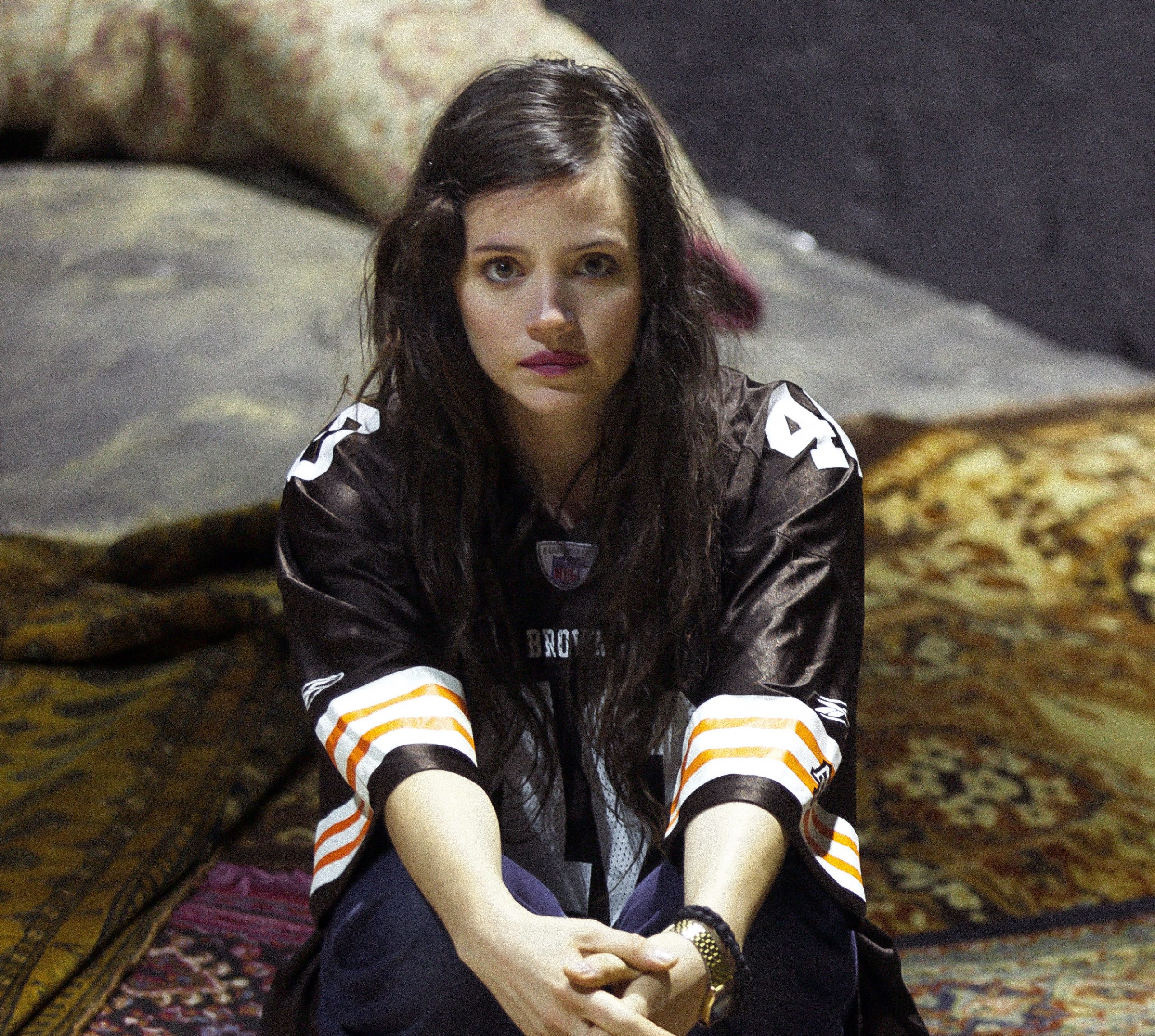
Athens goes through a deeply political and cultural crisis, a crisis of institutions and values. Amid the barren and bleak reality of the polis, Dionysus, father and inspirer of theatre, embarks on a descent to the Underworld to bring back the seed of resurrection, i.e. poetry, and save the world from collapse. Accompanied by Xanthias and the sound of frogs, after a string of comical and paradoxical encounters he arrives at Hades, intent on resurrecting the Poet. The one who can confront the impending disaster.
The weaknesses of both the living and the dead emerge through the cracks of this play’s comical vein, while reality’s malodorous waters are being stirred. Through his grand vision of saving the world, Dionysus’ descent to Hades simultaneously becomes a descent to the very mechanism of theatre.
On the trail of Dionysus, this performance in turn seeks to reach the core of the art of theatre, guided by Aristophanes’ delightful “expressionism”.
Translated by Konstantinos Blathras • Directing – Set design Efi Birba • Adapted by Efi Birba, Aris Servetalis, Konstantinos Blathras • Music Constantine Skourlis • Lighting design Giorgos Karvelas • Costume design Efi Birba • Cast (in alphabetical order) Nancy Boukli, Alexandra Kazazou, Hector Liatsos, Mary Mina, Electra Nikolouzou, Kyriakos Salis, Michalis Sarantis, Aris Servetalis, Michalis Theofanous, Argyris Xafis • An Athens Epidaurus Festival co-production
4 & 5 August
GIORGOS SKEVAS
Oedipus at Colonus by Sophocles
“Light, angelic and black, / laughter of waves on the sea’s highways / tear-stained laughter, the old suppliant sees you / as he moves to cross the invisible fields / light mirrored in his blood, / the blood that gave birth to Eteocles and Polynices” (trans. E. Keeley).
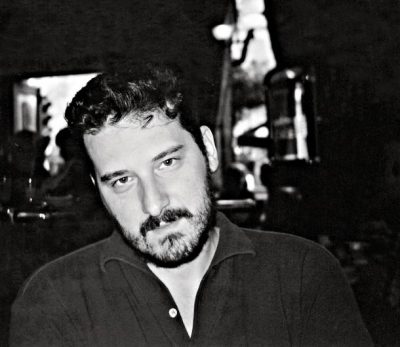
The “angelic” and “black light” that the blind Oedipus, the old suppliant, “sees”, as George Seferis writes in his poem “Thrush”, stands for both his devastation and vindication, his unsure passage to this other place, the invisible fields of the grove of the Eumenides, which shall welcome and devour him.
This performance brings to the fore the ambiguous, pending finale of a character marked by fate. How can this oscillation between justice and injustice, between acceptance and refusal of one’s fate, be enacted on stage? Sophocles’ language, the words uttered by his characters, Oedipus, Antigone, Ismene, Polynices, Creon, do not invite a definitive separation of good from evil, the sacred from the blasphemous.
Through the bodies’ music, this language becomes an eternal place, the eternal oracle. Giorgos Skevas’ production seeks to unleash this language and its deeply poetic, prophetic power.
Translated by Chrysa Prokopaki, Thanos Tsaknakis • Directed by Giorgos Skevas • Dramaturgy Giorgos Skevas, Chrysa Prokopaki • Music Simi Tsilali • Lighting design Lefteris Pavlopoulos • Cast (in alphabetical order) Alexandra Aidini, Dimitris Katalifos, Maximos Moumouris, Angeliki Papathemeli • An Athens Epidaurus Festival co-production
Complete cast and other credits to be announced shortly.
11 & 12 August
IO VOULGARAKI
Hecuba by Euripides
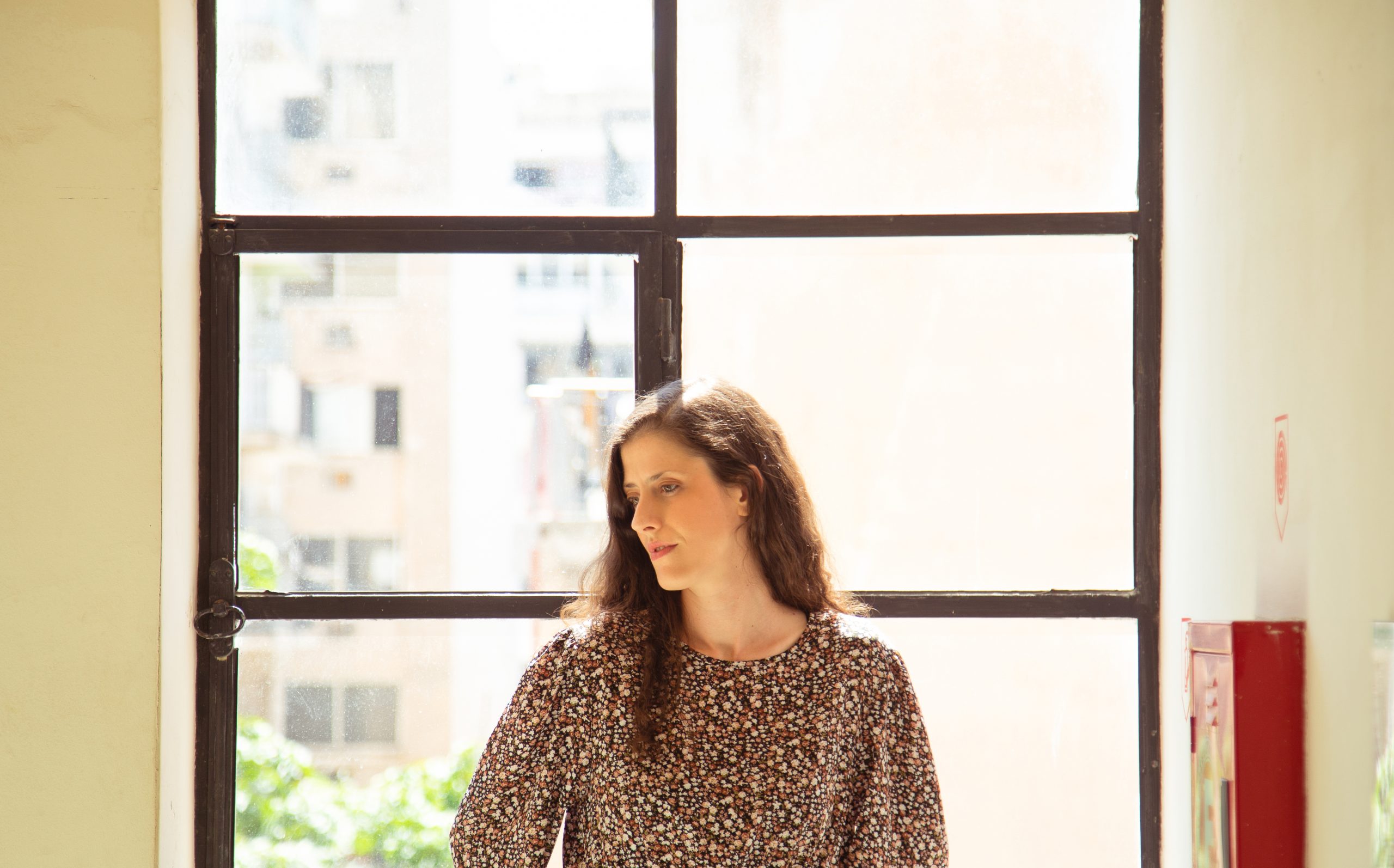
Our screens are daily inundated with images of war, images of unspeakable violence and agony from every place in the world. The absurdity of war seemingly concerns only those who experience it; for the rest of us, it is packaged as a dry, virtual and harmless piece of information, buried amidst numerous other news and disconnected from the experience of mourning. We are thus familiarized with the image and information of violence; we are trained in death yet we have unlearnt how to mourn.
In Euripides’ eponymous tragedy, Hecuba emerges as a character from a place we have all of us forgotten: the way of mourning.
In the first part of the play, mourning, both individual and collective, seemingly gives birth to its metaphysics: the living and the dead are locked in a constant dialogue; an unburied boy disrupts his mother’s sleep; a girl stands on the border between life and death. In Hecuba, everything unfolds at a liminal time, after the end of the war. Nevertheless, violence is not over yet. It is precisely there, at this transitional time, where mourning-style Hecuba becomes revenge-style Hecuba, opening up a provocative dialectics with the present.
A large ensemble of brilliant actors and musicians, along with Helene Varopoulou’s new translation realized specially for this performance, are the cornerstones of this endeavour.
Translated by Helene Varopoulou • Directed by Io Voulgaraki • Assistant to the director Maya Kyriazi • Set and costume design Magdalini Avgerinou • Music Nikos Galenianos • Movement Chara Kotsali • Lighting design Alekos Anastasiou • Cast (in alphabetical order) Iosis Iosifidis, Marina Kalogirou, Eleni Kokkidou, Thanasis Kourlampas, Errikos Miliaris, Ileana Balla, Akis Sakellariou, Alekos Syssovitis • Chorus Irene Boudali, Niovi Charalambous, Elisavet Giannopoulou, Maria Konstanta, Efstathia Lagiokapa, Christina Maxouri, Lygeri Mitropoulou, Chrysa Toumanidou
18 & 19 August
NATIONAL THEATRE OF NORTHERN GREECE
CHRISTOS SOUGARIS
The Trojan Women by Euripides
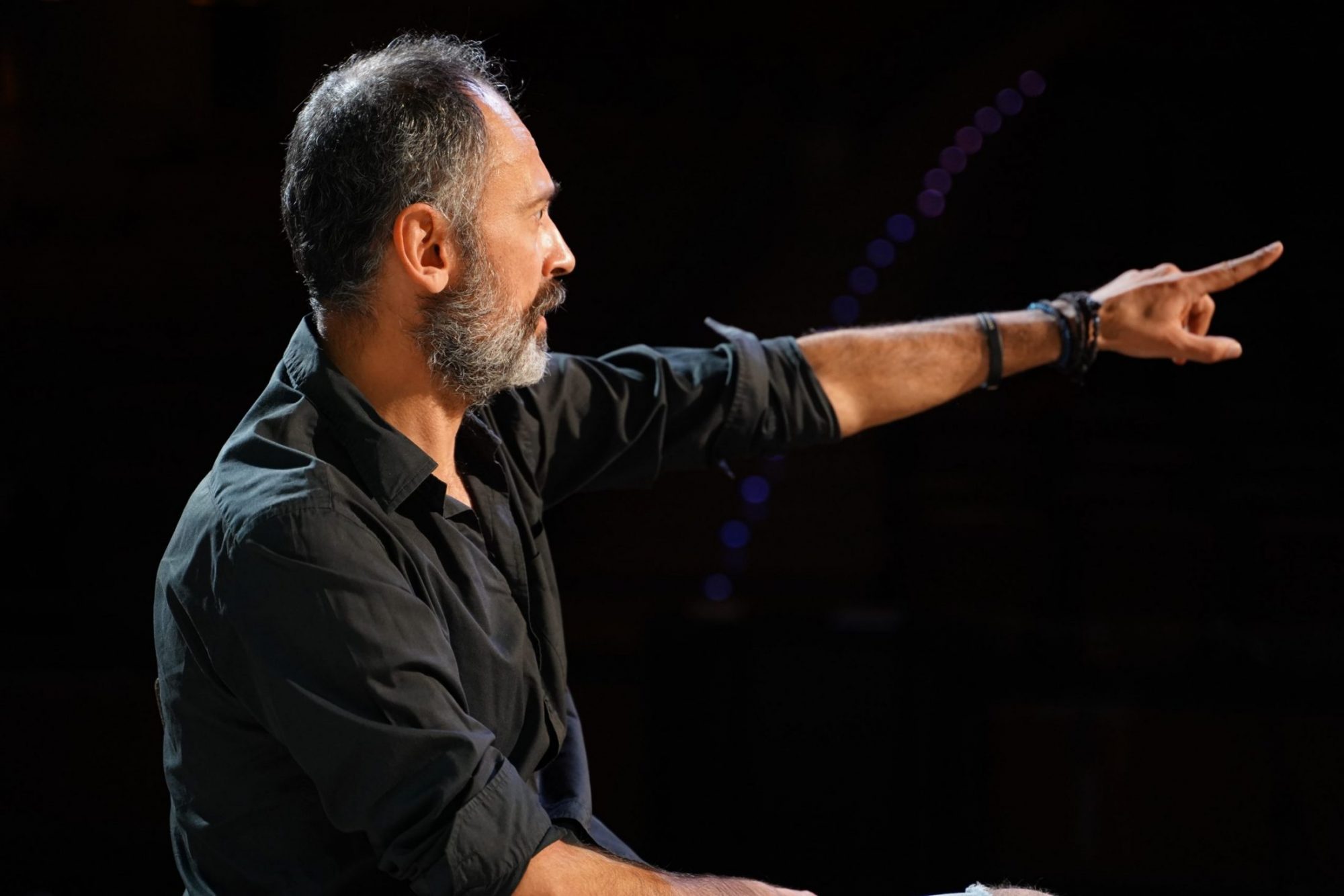
The Trojan Women, the only extant tragedy of Euripides’ trilogy about the Trojan War, was premiered in 415 BC at the Great Dionysia. The play was written shortly after the destruction of Melos in 416 BC, in which Athens, demonstrating unspeakable cruelty, killed all the adult men on the island and sold women and children as slaves.
Euripides attempts to warn us about the consequences arising from the victors’ impunity and also remind us of the importance of remaining human, away from a false sense of omnipotence caused by temporary victories.
In The Trojan Women, the poet showcases the human dimension of the enemy. By focusing on the greatness of the Trojan women, he foregrounds that power which makes humans persevere even in the wake of catastrophe.
Recipient of the 2018 Young Theatre Artist award by the Union of Greek Critics for Drama and Music, director Christos Sougaris, who is also responsible for the artistic programming of the National Theatre of Northern Greece, presents a novel reading of Euripides’ masterpiece.
Translated by Theodoros Stefanopoulos • Directed by Christos Sougaris • Musical composition – Orchestra performance Stefanos Korkolis • Set and costume design Eleni Manolopoulou • Lighting design Alekos Anastasiou • Cast (in alphabetical order) Alexandros Bourdoumis, Maria Diakopanagiotou, Antonis Kafetzopoulos, Roula Pateraki, Dimitris Piatas, Mariza Tsari
Complete cast and other credits to be announced shortly.
25 & 26 August
SIMOS KAKALAS
Oedipus Rex by Sophocles
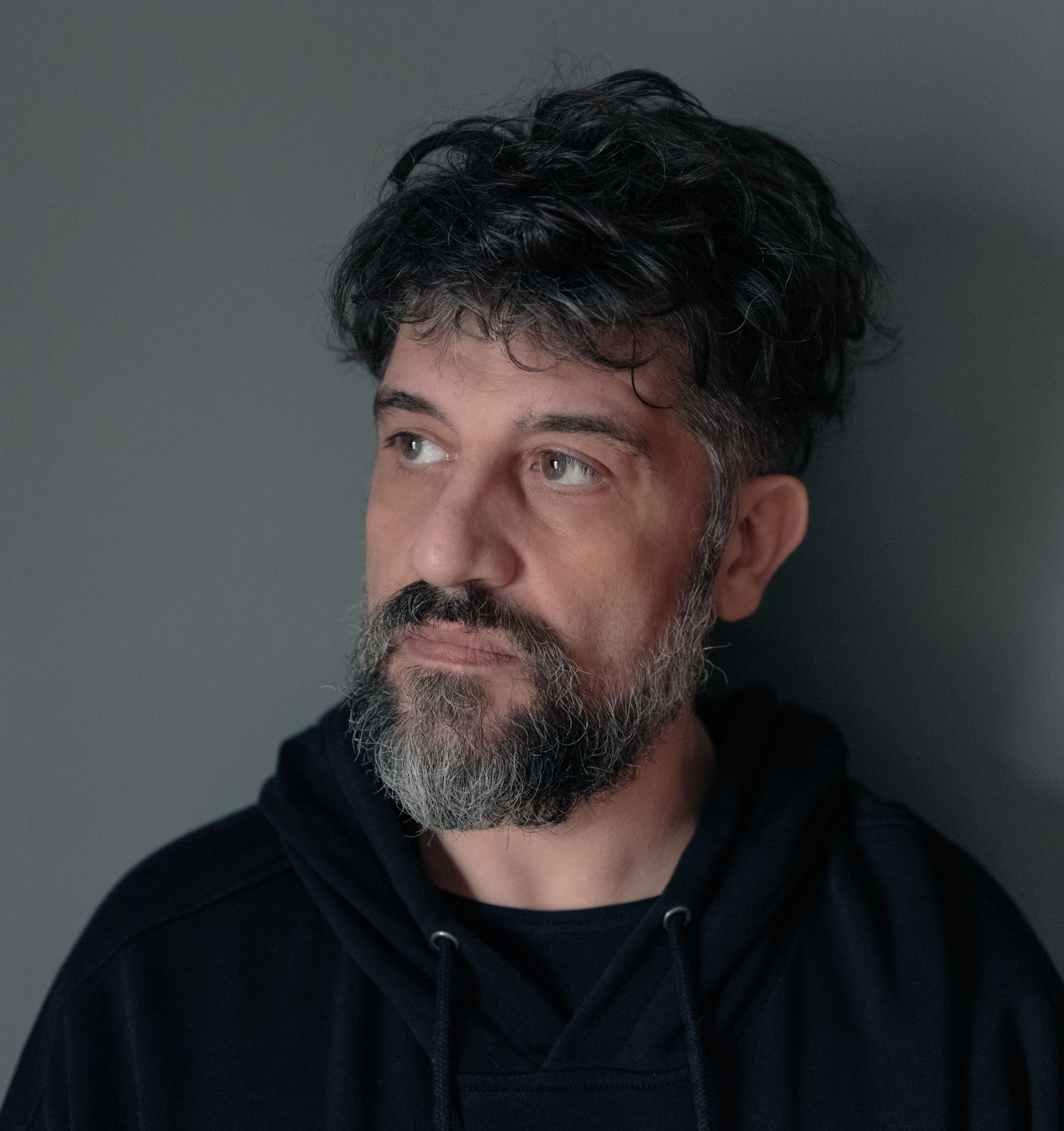
Never before in human history have we ever “looked” so far away inside the cosmos and so deeply inside humans. Very often, in the brink of destruction, we realize that the evil we are fighting against is, in fact, ourselves. Oedipus’ face is humanity itself in front of the mirror. Having found the culprit, he reaches the point where it is imperative that he make a choice, even at the eleventh hour, even after he has already committed the gravest error.
In this performance, approached as a ritual of purification, a group of actors wearing masks of Elders comprises the writhing, mourning Chorus in agony. Through this Chorus, the tragic characters, namely Oedipus, Jocasta, Teiresias and Creon, are revealed.
Translated by Giorgos Blanas • Directed by Simos Kakalas • Dramaturgy Eleni Triantafyllopoulou • Set design Giannis Katranitsas • Costume design Angelos Mentis • Music and musician on stage Fotis Siotas • Movement Sofia Paschou • Lighting design Alekos Yiannaros • Masks Martha Foka • Production manager Anastasia Kavallari • Executive production Kart Productions – Maria Xanthopoulidou • Communication Anzelika Kapsampeli • Cast (in alphabetical order) Giorgos Amoutzas, Yannis Dalianis, Simos Kakalas, Christos Malakis, Anna Mascha, Konstantinos Moraitis, Yannis Stankoglou and 7 more actors • Production Theatrika Dromena Iasmos
Complete cast and other credits to be announced shortly.
7 July – 26 August
Children’s creative workshop in Epidaurus
The successful theatre education programme continues this year, familiarizing children with the wonderful and mysterious world of ancient myths. Concurrently with grown-ups fully immersed in a performance at the Ancient Theatre of Epidaurus, children are creatively engaged, approaching the content of the play watched by the adults on that same evening. The programme is coordinated by theatre researcher Elli Gavriil, in cooperation with a group of experienced theatre educators and facilitators of music/movement and aesthetic education.
On Fridays and Saturdays
during the performance at the Ancient Theatre of Epidaurus
For children aged 5 – 12



